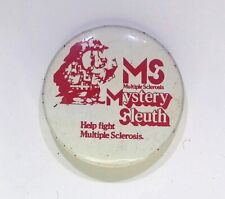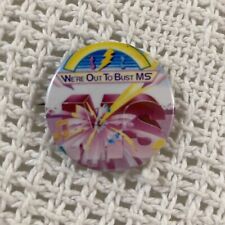
A controversial new study that frames multiple sclerosis (MS) as a metabolic disorder rather than an autoimmune disease neatly addresses many puzzling aspects of the illness, including why it strikes women more than men and why cases are on the rise worldwide. Appearing in the The Quarterly Review of Biology, the study suggests that MS is caused by faulty lipid metabolism and is similar in many ways to coronary atherosclerosis (hardening of the arteries).
Medical researchers have always theorized that a runaway immune system caused MS, but a full explanation of what triggered the onset of the disease remained elusive. Genes, diet, pathogens, and vitamin D deficiency have all been linked to MS, but evidence for these risk factors is inconsistent and even contradictory.
Author of the new study, Dr. Angelique Corthals, from John Jay College in New York, notes that each time a genetic risk factor has shown a significant increase in MS risk in one population, it has been found to be unimportant in another. “Pathogens like Epstein-Barr virus have been implicated, but there’s no explanation for why genetically similar populations with similar pathogen loads have drastically different rates of disease. The search for MS triggers in the context of autoimmunity simply hasn’t led to any unifying conclusions about the etiology of the disease,” she argues. “Understanding MS as metabolic rather than an autoimmune [disease] begins to bring the disease and its causes into focus.”
Corthals believes that the primary cause of MS can be traced to transcription factors in cell nuclei that control the uptake, breakdown, and release of lipids (fats and similar compounds) throughout the body. Disruption of these proteins, known as peroxisome proliferator-activated receptors (PPARs), causes a toxic byproduct of cholesterol called oxidized LDL to form plaques on the affected tissue.
The accumulation of plaque in turn triggers an immune response, which ultimately leads to scarring. This is essentially the same mechanism involved in atherosclerosis, in which PPAR failure causes plaque accumulation, immune response, and scarring in coronary arteries. “When lipid metabolism fails in the arteries, you get atherosclerosis,” Corthals explains. “When it happens in the central nervous system, you get MS. But the underlying etiology is the same.”
A major risk factor for disruption of lipid homeostasis is having high LDL cholesterol (often referred to as “bad” cholesterol). So if PPARs are at the root of MS, it would explain why cases of the disease have been on the rise in recent decades. “In general people around the world are increasing their intake of sugars and animal fats, which often leads to high LDL cholesterol,” Corthals said. “So we would expect to see higher rates of disease related to lipid metabolism – like heart disease and, in this case, MS.” This also explains why statin drugs, which are used to treat high cholesterol, have shown promise as an MS treatment.
The lipid theory also explains why MS is more prevalent in women. “Men and women metabolize fats differently,” Corthals said. “In men, PPAR problems are more likely to occur in vascular tissue, which is why atherosclerosis is more prevalent in men. But women metabolize fat differently in relation to their reproductive role. Disruption of lipid metabolism in women is more likely to affect the production of myelin and the central nervous system. In this way, MS is to women what atherosclerosis is to men.”
Corthals contends that in the context of autoimmunity, the various risk factors for MS are “frustratingly incoherent,” but in the context of lipid metabolism, they make perfect sense. She hopes that this new understanding of the disease could lead to more research into the role of PPARs, and eventually, new treatments and prevention measures.
Related:
Discuss this article in our forum
Viagra touted as MS treatment
Immune system ruse nixes peanut allergy


















Comments are closed.